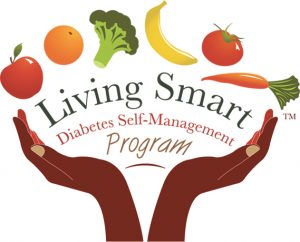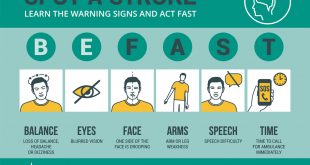Hanson Clinical Research Center


There are many ways to educate oneself on diabetes management. Participating in programs that focus on teaching management strategies is a good place to start. Diabetes centers offer lifestyle classes that include helping you learn skills to manage your diabetes more effectively by checking blood sugar
regularly, eating healthy foods, being active, taking medicines as prescribed, and handling stress.
Let’s look at some of the basics of managing your diabetes.
DIET
Healthy eating is a key component in a healthy life for everyone, but for those living with diabetes, it becomes paramount. Learning how certain foods affect your blood sugar is important and then knowing how much to eat and what combinations to eat is also important.
1. Counting carbohydrates and controlling portion size are two keys to eating with diabetes. Learning to count carbohydrates will have the greatest impact on managing your diabetes because they have the biggest impact on your blood sugar. For those who take insulin at mealtime, counting carbohydrates determines the proper insulin dose.
It is also important to learn what portion of each food type is appropriate. Using a scale or measuring cups can be quite helpful in getting the proper
carbohydrate count.
2. Meal planning is also helpful. As much as possible, plan for every meal to have a good mix of starches, fruits and vegetables, proteins, and fats.
Pay attention to the types of carbohydrates you choose. Some carbohydrates are better for you than others. Fruits, vegetables, and grains are low in carbohydrates and have fiber. Fiber helps keep your blood sugar levels more stable.
3. Sugar sweetened beverages can be dangerous. Try to avoid them as much as possible since they tend to be very high in calories and offer little nutritional value. These drinks can be useful during a low blood sugar episode because they raise the blood sugar quite quickly. However, drinking them on a regular basis should be avoided.
EXERCISE
Make physical activity part of your daily routine. Set a goal to be more physically active. Try to work up to 30 minutes or more of physical activity on most days of the week. Taking a quick walk and swimming laps at the pool are good ways to move more.
Ask your doctor to help you establish a plan that is right for you. Most people try to shoot for 30 minutes of aerobic activity a day 5-7 days a week.
Remember to check your blood sugar levels before, during, and after exercise. Exercise can lower blood sugar levels for up to a full day after the activity. Look for warning signs like feeling shaking, weak, tired, or confused and monitor your blood sugar frequently. Always be prepared with a small snack or glucose tablets handy.
MEDICATION
Insulin and other diabetes medications are often necessary when diet and exercise aren’t sufficient for managing your diabetes. The effectiveness of these medications depends on the timing and dosage. Other medications can affect your blood sugar as well. That’s why it is important to talk to your medical team about any new medications and how they can affect you.
It is also important to always store your insulin properly. Do not use insulin that has passed its expiration date and remember that insulin is extremely sensitive to temperature. Improper storage can result in loss of effectiveness.
ALCOHOL
The liver releases stored sugar to combat low blood sugar levels. If you are drinking alcohol, however, the liver is otherwise occupied. While it is busy metabolizing the alcohol you consume, your blood sugar may not get its necessary boost. For this reason, it is important to monitor closely your alcohol consumption.
It is best for diabetics not to drink any alcohol. It can aggravate complications that generally accompany diabetes such as eye disease or nerve damage. However, if your diabetes is well controlled and your doctor gives the okay, moderate alcohol consumption is allowed. Be sure not to drink on an empty stomach and to choose your drinks wisely. Light beer and dry wine have fewer calories and carbohydrates and will have less of an effect on your blood sugar.
WORK WITH YOUR HEALTH CARE TEAM
It is true that “there is no I in team”, but in the case of your health care, YOU are the most important member of the team. You must advocate for the “I” in your team. Though you may have excellent doctors, nurses, dieticians, pharmacists, etc., none of them will know your body better than you. It is important to advise each new medical professional you see about your diabetes and ask them pertinent questions about how a new condition or new medication will affect your situation. Be prepared with a list of questions so that you don’t forget in the moment.
Remember that managing diabetes isn’t easy, but it there are many steps you can take to make your life more comfortable and freer. The more you know about diabetes management, the easier it will be.
Hanson Clinical Research Center
Tel: 941-764-9110
Email: info@hansoncrc.com
Website: www.DiabetesFl.com
 Southwest Florida's Health and Wellness Magazine Health and Wellness Articles
Southwest Florida's Health and Wellness Magazine Health and Wellness Articles

